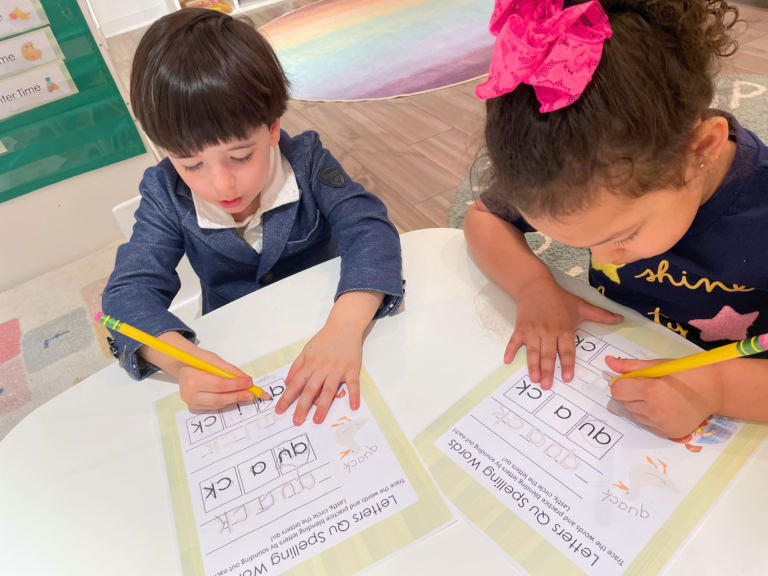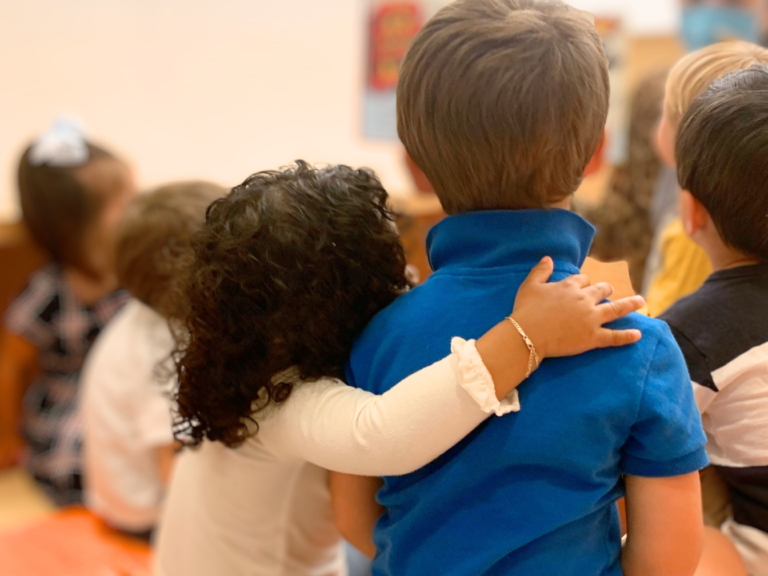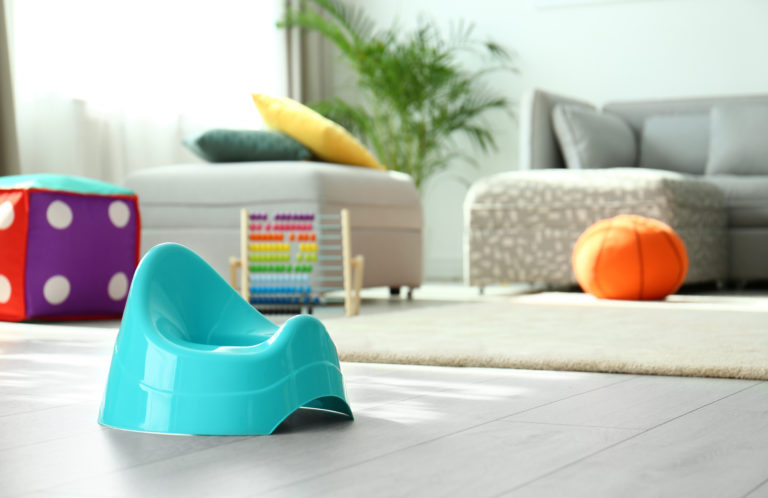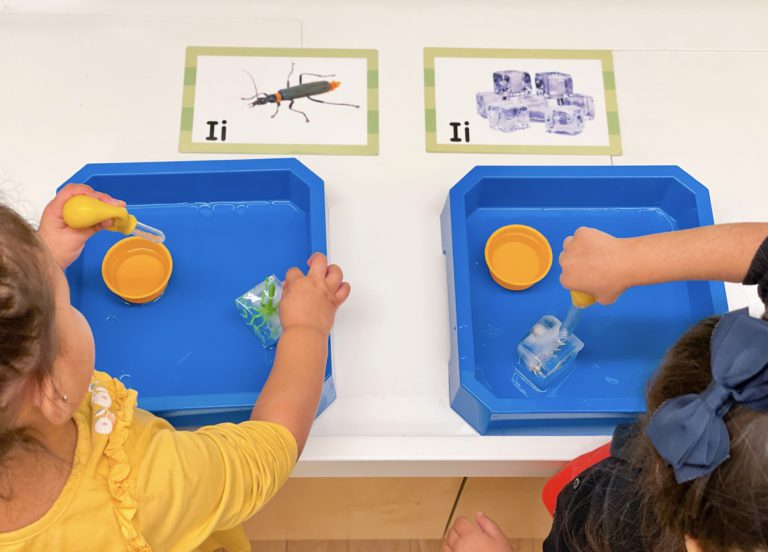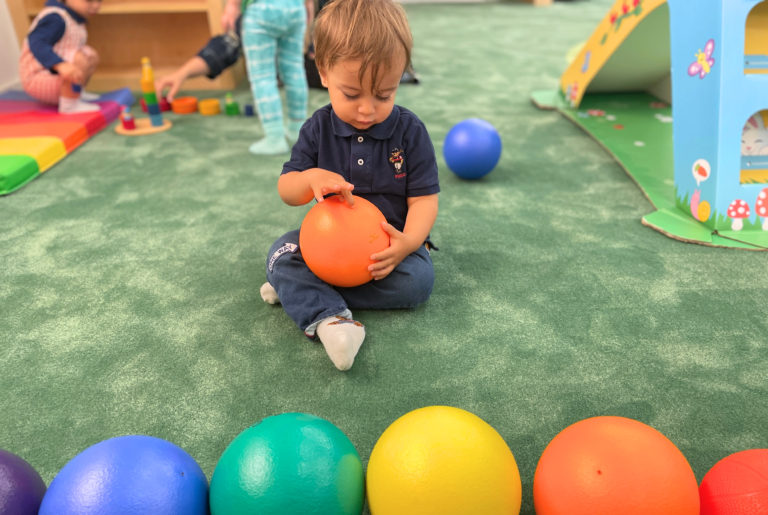Montessori Preschools for Nurturing the Overall Personality of a Child
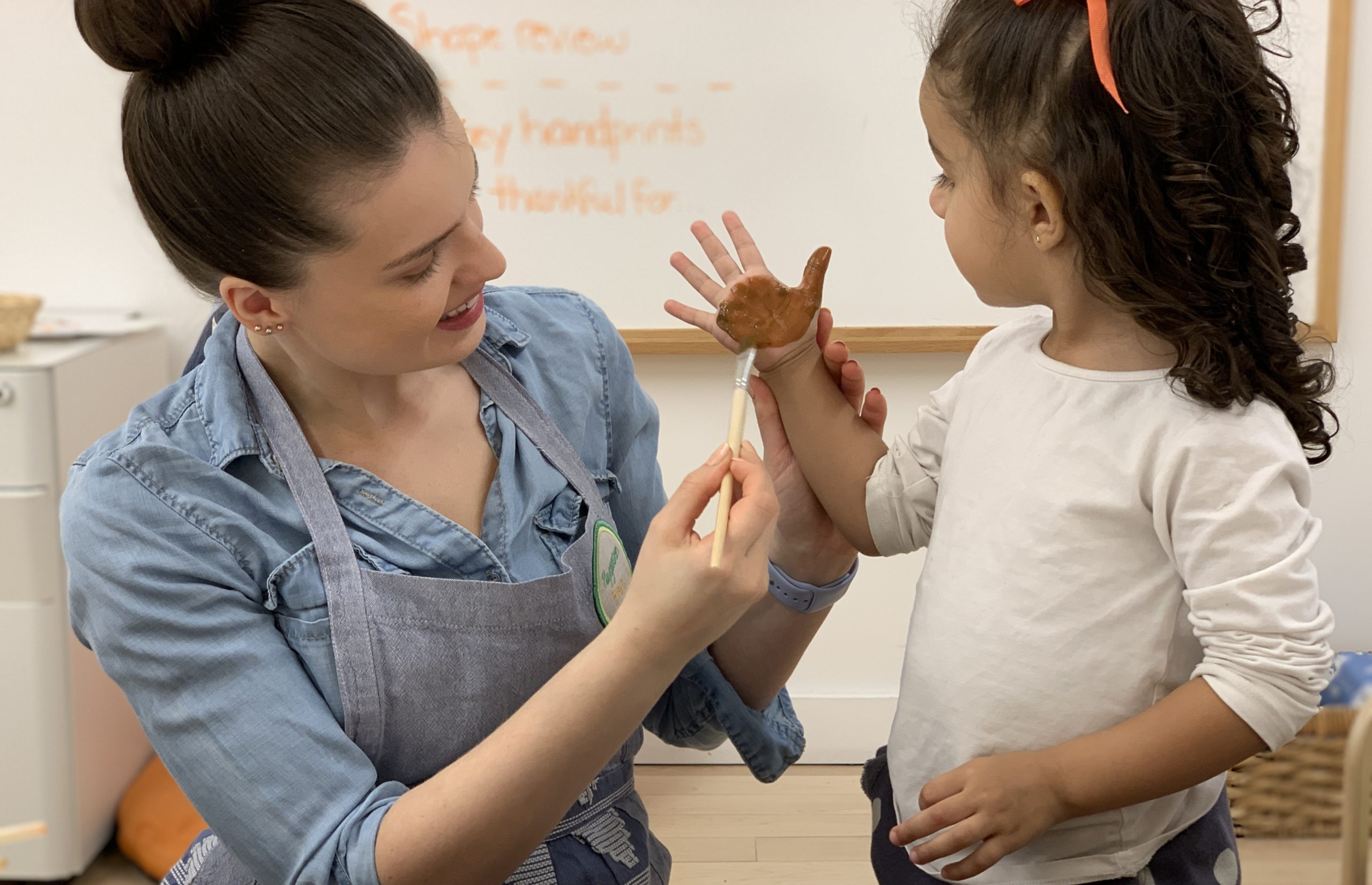
Lots of questions come up when it comes to picking a model of education for your little one. Whether choosing the classroom, online preschool, or even homeschool preschool, one of the most important questions is: what way works best with both your family and your family’s personal values — “What do I want my child to get out of their educational experience? What are the goals? What is important?”
It’s also important to break down the models and look at why they were created in the first place. Knowing what the developer’s values were and if their goals and values align with your own are good to keep under consideration.
Montessori preschool teachers are curious by nature; there is no better way to connect with young students than through curiosity and exploration of everything that surrounds us. Our goal as teachers is to be able to send students into the world feeling independent and confident in themselves, excited to try new things, and able to care about other people.
Online Montessori preschool and Montessori homeschool are built around cultivating independence — allowing students to explore the world around them freely and safely. They get to build a community in their classroom, solve problems, and, most importantly, play and learn!
Kindness
Some of the most critical skills students are taught are social emotional skills. Learning literacy and mathematics can be done anywhere, but if little ones cannot interact with their peers or other people, they will not be experiencing their lives to the fullest. It’s also critical to learn to get along with others, because people achieve and accomplish more together than single-handedly.
The Montessori classroom is filled with time practicing kindness spontaneously, with many opportunities to work together, especially when it gets challenging. Books are read telling stories about difficult situations that characters are in, and little ones get to see how they are handled from that character’s perspective. Inviting the little ones into the story gives them a chance to share what they might do if they were in the character’s position, even in a Montessori homeschool classroom!
In the classroom or on the playground, conflict is bound to arise. Real-life experience can be a great learning experience; getting to teach in the moment how to handle emotions and communicate with someone who does not agree with us are very important lessons to learn. Most importantly, through Montessori homeschool, we can all learn how we can disagree with each other and still have respect for one another.
Telling a child exactly what to say in a situation can be helpful when first learning how to solve the issues at hand. If appropriate, it can be a lesson for the whole class, working through a problem together without singling out anyone.
Powerful Work Ethic
Intrinsic motivation, or engaging in an activity for satisfaction, is the main focus in the Montessori classroom and Montessori homeschool curriculum. Extrinsic motivation, or engaging with the expectation of a prize, can be helpful with cleaning up in the classroom or household chores. However, material rewards do not typically build the motivation to care for others.
The real world does not have tests, graded work, or give out rewards, so why use material motivation with little ones and then expect them to flip a switch once they are adults? Getting gold stars does not compare to the feeling of having a teacher tell you how proud they are of your growth. Knowing what they can improve on and celebrating their strengths in their homeschool preschool classroom is more fulfilling for a child than a sticker or a lollipop by itself.
Another great way to develop intrinsic motivation is to ask questions about how an experience made your little one feel. “Good job” is a good motivator, but you can let them talk about how they solved their problem or accomplished their task. Tell them that you see the work they put in and ask how it feels to have completed something.
Montessori students, in the classroom and in homeschool preschool, are constantly practicing problem-solving, exploring their passions, and making meaningful observations.
Creativity
Creativity is explored in the Montessori homeschool preschool approach through the arts, whenever possible, and through allowing them to solve their own problems.
Art is integrated into the curriculum in many ways, some of which include:
-Using non-traditional methods to paint: fingers, bubblewrap, droppers, etc.
-Music and singing used everyday to teach lessons
-Learning about famous influential artists
Problem solving and critical thinking are other ways we teach little ones to get creative. We encourage them to use their ever-growing brains to think about how to go about more difficult situations than they might find in a Montessori homeschool classroom. We give them information and lessons, but when potential problems arise, we guide them (but do not give them) the solution. This is key in fostering forward thinking.
Joyful Learning
Creativity and intrinsic motivation are the key ingredients to help cultivate joyful learning. With the safe environment of a Montessori classroom, or Montessori homeschool classroom, and the engaging activities that live there, little ones cannot help but enjoy learning in-person or through homeschool preschool.
If learning is not an enjoyable experience, why would we want to do it in the first place? Montessori teachers are dedicated to helping little ones become people who love to learn and hold on to that love of learning throughout their lives.
Service-Mindedness
Teaching little ones about the world and how everything is connected is of the utmost importance in the Montessori homeschool environment. The curriculum speaks for itself as younger students learn about the beginning of time, the world, and the many people and places we have here on earth. As they get older, students start to learn about early humans and then more recent times in history. Learning about people and events that brought us to where we are today gives the students a chance to see and practice gratitude, as well as how a dedication to others can change the world.
Even small student-driven service projects can show students that they have the power to make a difference. First they make a difference in their classroom, then their school, then their city, then who knows! Students get to see what they are capable of and what the world could be, and with their intrinsic motivation and creativity in their tool belt, they may just be unstoppable.
These values can be explored in the classroom or through your own homeschool preschool via Playgarden Prep online Montessori preschool. Start your free trial today!
Popular


Hi, I'm Miss Julia!
Miss Julia has been an early childhood educator for 5 years, with over 10 years of experience working in childcare. She has been teaching at Playgarden Prep since 2017, and is happy to share ideas on some of her favorite early education topics with you! Miss Julia has a BA from UC Irvine, and uses her experience in performing arts to inspire little ones every day in her enrichment classes at Playgarden. In her free time, Miss Julia loves enjoying nature, cooking, and creating with friends.

